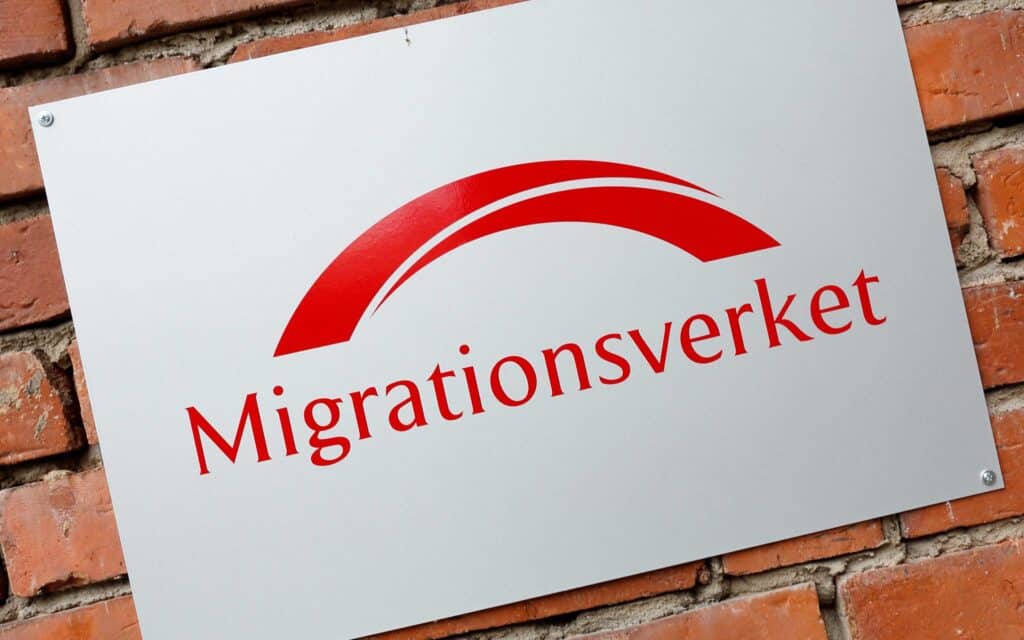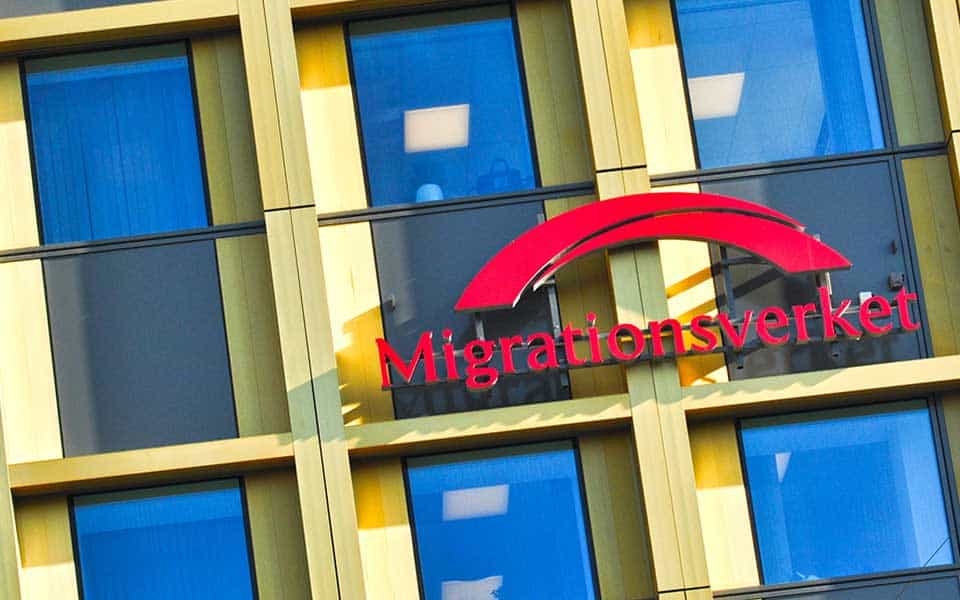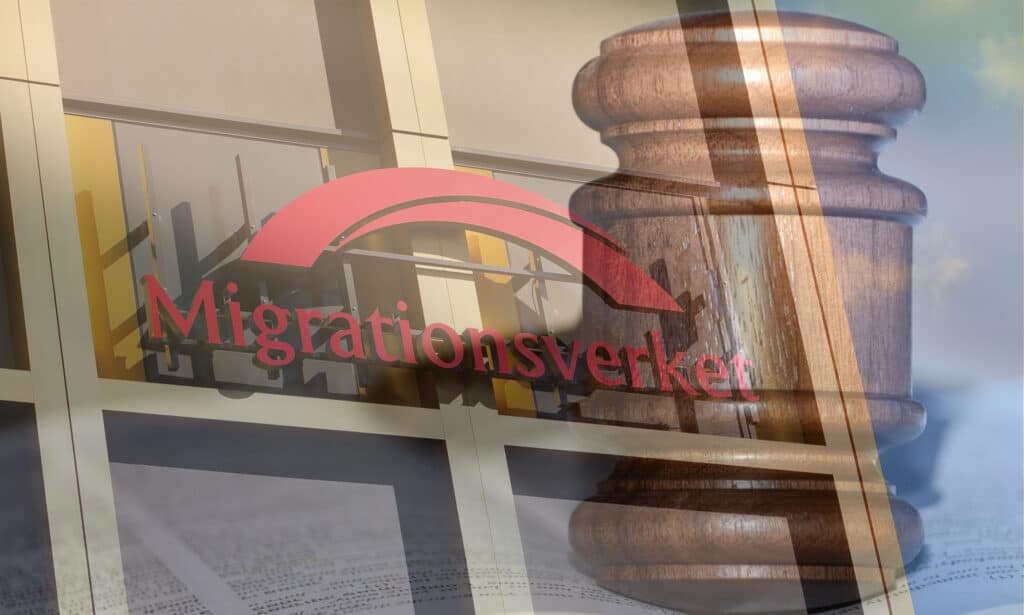The Swedish Migration Agency has presented a series of measures to reduce the misuse of residence permits for studies, having been assigned to do so by the government. The goal of all of the measures is more efficient and precise prevention of such misuse.
Want to change the procedure
The Migration Agency hopes to introduce changes as early as April 2024 to enable residence permits for degree programme students to be granted for two years at a time rather than just one. This will be made possible through a proposed agreement with the higher education institutions to ensure that the Migration Agency is notified when students interrupt their studies.
Misuse of a residence permit for studies occurs when the person’s real purpose for being in the country is not to study, but, for example, to work. With such a permit, you can also work without limits, and when you have acquired 30 university credits you can apply for a work permit.
In addition to tackling abuse of the system, the Migration Agency wants to reduce the risk of the use of residence permits for studies to exploit people for undeclared or illegal work in Sweden. At the same time, it is important that universities and colleges do not to waste resources on people who have no intention of studying.
Unable to leave Sweden
The Migration Agency has already implemented changes that now enable students to leave Sweden for longer periods for study-related reasons without running the risk of losing their residence permits. In the past, students who wanted to collect data abroad, for example, faced problems, and the Migration Agency spent time and resources investigating such cases.
The new and planned measures are the result of a collaboration between the Migration Agency, the Association of Swedish Higher Education Institutions (SUHF) and other relevant actors that began in 2015. This was formalised and intensified in the form of a joint working group in January 2023.
“We are all working towards the same goal and have a very good collaboration.”
Markus Filipsson
“We are all working towards the same goal and have a very good collaboration,” says the process manager for the group, Markus Filipsson of the Swedish Migration Agency.
”There is probably frustration”
Within the working group, he has not encountered the great frustration that higher education institutions have periodically expressed over counterproductive decisions from the Migration Agency and long waiting times that prevent foreign students from coming to Sweden in time for the start of their programmes. “But there is probably frustration in individual cases, and that it can be difficult to get in touch with the Agency,” he says.
One of the measures to resolve part of that problem involves streamlining the transfer of information between the various parties involved. Another important measure is improvement of the screening process to identify earlier in the process applicants who have no intention to study, and not to over-investigate serious applicants.
The indicators that Migration Agency staff use as a basis for identifying a lack of intention to study must therefore be made more precise, so that fewer people need to be investigated through unnecessary interviews. Indicators that will remain include contradictory information provided by applicants or a broad range in the courses that they have applied for. Other indicators may be removed.
Stricter language requirements
SUHF has also already tightened the English language requirement following reports of students not being able to participate properly in their education programmes. This measure is also expected to reduce the misuse of residence permits for studies.
Christopher Sönnerbrandt is SUHF’s representative in the working group. He confirms the positive view of the collaboration with the Migration Agency. In addition to the measures that the Migration Agency has presented in its interim report to the government, there is a long list of proposals for other measures that the working group will examine.
Sönnerbrandt wants higher education institutions to become even better at following up how their students are doing.
”It was a shock for me to hear the border police’s description of how people enter Sweden as students, but then in some cases quickly disappear into a shadow society where there is every chance that they will be exploited,” he writes in an email to Universitetsläraren.

















